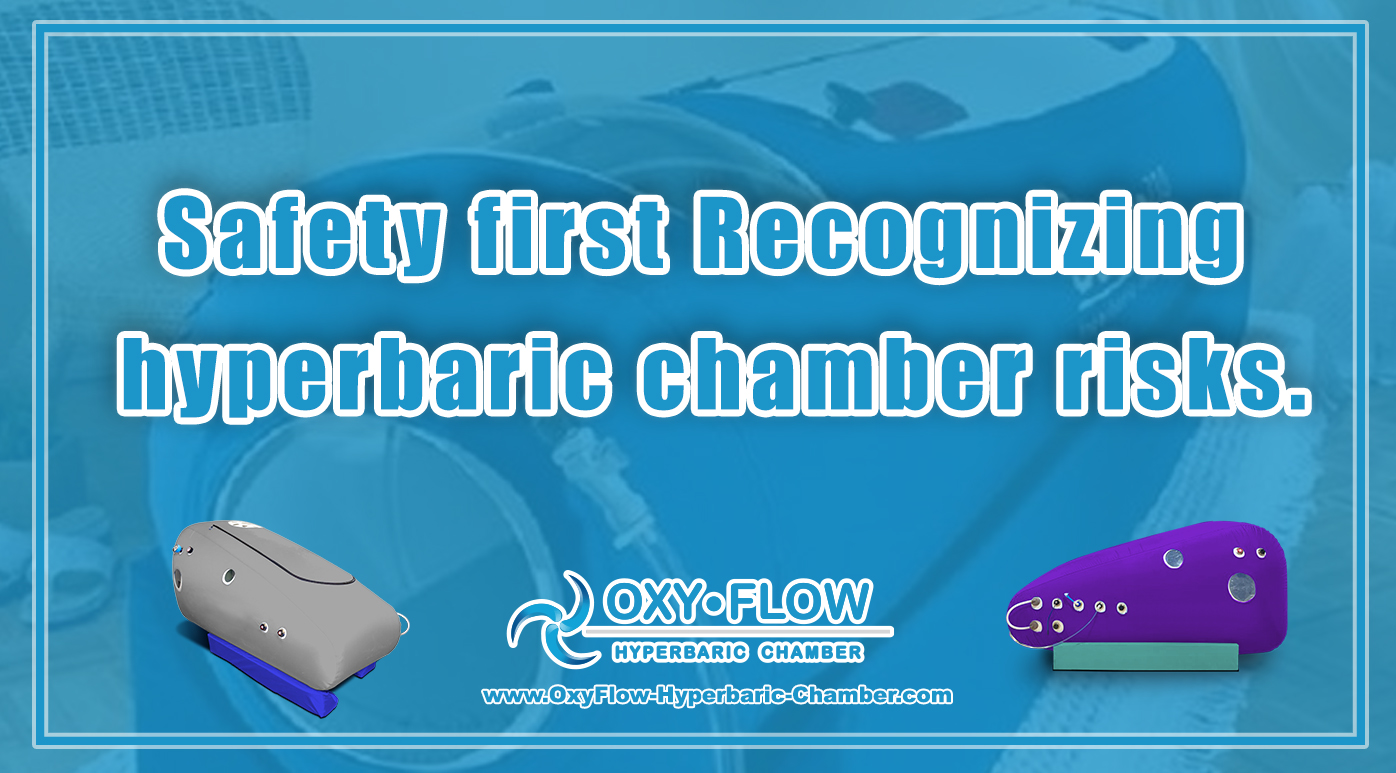
Safety first | Recognizing hyperbaric chamber risks.
Safety first | Recognizing hyperbaric chamber risks.

When it comes to hyperbaric oxygen therapy (HBOT), safety should always be the top priority. While HBOT has proven to be beneficial for various medical conditions, it is essential to understand and recognize the potential risks associated with hyperbaric chambers. In this article, we will explore some of the common risks and safety measures that should be taken into consideration when using hyperbaric chambers.
Understanding Hyperbaric Oxygen Therapy.
Hyperbaric oxygen therapy involves breathing pure oxygen in a pressurized room or tube. The increased pressure allows your lungs to gather more oxygen, which is then delivered throughout your body via your bloodstream. This increased oxygen supply can promote healing and help with various conditions, such as decompression sickness, non-healing wounds, and carbon monoxide poisoning.
While HBOT has numerous benefits, it is not without risks. Understanding these risks is crucial to ensuring the safety of patients undergoing hyperbaric oxygen therapy.
Safety first Common Risks Associated with Hyperbaric Chambers.
Barotrauma.
One of the most significant risks associated with hyperbaric chambers is barotrauma, which refers to injuries caused by changes in pressure. This can manifest as ear pain, sinus pain, or even more severe conditions like lung damage. Patients must equalize the pressure in their ears regularly during HBOT to prevent barotrauma.
Fire Hazard.
Oxygen-rich environments can pose a fire hazard, as oxygen supports combustion. It is essential to follow strict safety protocols when using hyperbaric chambers to minimize the risk of fire.
Claustrophobia.
Being in a pressurized chamber can trigger feelings of claustrophobia in some individuals. Patients who are prone to claustrophobia should communicate their concerns with healthcare providers to explore strategies to manage their anxiety during HBOT sessions.
Safety Measures for Hyperbaric Oxygen Therapy.
Qualified Staff.
Hyperbaric oxygen therapy should only be administered by trained and qualified healthcare professionals. These professionals are knowledgeable about the risks associated with HBOT and can respond quickly in case of emergencies.
Safety first Regular Equipment Maintenance.
Regular maintenance and inspection of hyperbaric chambers are essential to ensure their safe operation. Any issues with the chamber’s integrity or functionality should be addressed promptly to prevent accidents or injuries.
Patient Education.
Patients undergoing hyperbaric oxygen therapy should receive thorough education about the procedure, including potential risks and safety measures. Understanding what to expect during HBOT can help patients feel more comfortable and confident throughout their treatment.
Safety first Monitoring.
Continuous monitoring of patients during HBOT sessions is crucial for detecting any adverse reactions or complications promptly. Healthcare providers should closely monitor patients’ vital signs and responses to treatment to ensure their safety.
Conclusion.
Hyperbaric oxygen therapy is a valuable treatment option for various medical conditions, but it is essential to recognize and address the potential risks associated with hyperbaric chambers. By understanding these risks and implementing strict safety measures, healthcare providers can ensure the safe and effective delivery of HBOT to patients in need.
Remember, safety always comes first when it comes to hyperbaric oxygen therapy. By prioritizing safety and adhering to best practices, healthcare providers can maximize the benefits of HBOT while minimizing the risks for patients.


